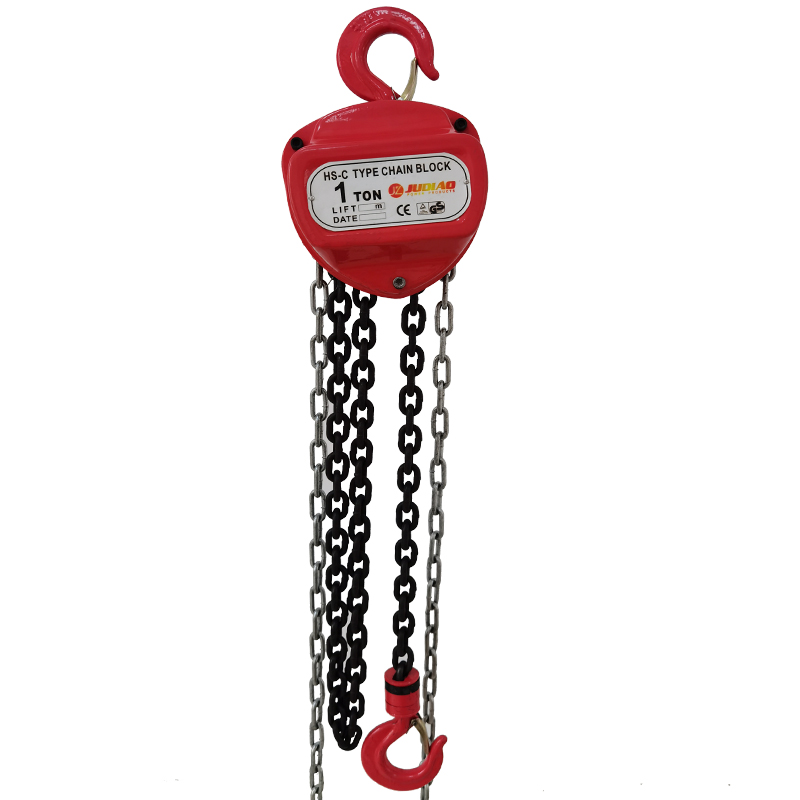


The Evolution and Impact of Chain Block Manufacturers in Modern Industry
Chain blocks, commonly known as chain hoists or chain lifts, are essential tools in many industries, including construction, manufacturing, and logistics. As the demand for efficient lifting and material handling solutions has grown, so too has the industry surrounding chain block manufacturing. This article explores the evolution of chain block manufacturers, their technological advancements, and their impact on modern industry.
Historically, the use of simple block and tackle systems dates back centuries, relying on basic mechanical principles to lift heavy loads. However, the rise of industrialization in the 19th century spurred the development of more advanced chain block systems. Manufacturers began to innovate by incorporating durable materials, enhanced safety features, and improved gearing mechanisms. This evolution allowed for higher lifting capacities and greater efficiency, making chain blocks indispensable in various sectors.
At the heart of modern chain block manufacturing is the advancement of technology. Today's manufacturers utilize computer-aided design (CAD) software to create more precise and reliable products. This technology enables engineers to simulate the performance of chain blocks under different loading conditions, ensuring that safety and efficiency standards are met. Moreover, the integration of automation in the manufacturing process has streamlined production, reducing costs and lead times while maintaining high-quality output.

Another significant advancement in chain block technology is the implementation of lightweight materials such as aluminum and high-strength plastics. These materials not only reduce the overall weight of the chain block but also improve portability and ease of use. For instance, in industries where space is limited, lightweight chain blocks facilitate maneuverability without sacrificing lifting capacity. Additionally, many manufacturers are now producing electric chain hoists, which provide an even greater ease of use, particularly in repetitive lifting tasks.
Safety is paramount in the design and manufacture of chain blocks. Contemporary models include multiple safety features, such as overload protection, automatic brakes, and emergency stop switches. Furthermore, manufacturers adhere to stringent international safety standards, ensuring that their products not only function effectively but also protect workers from potential hazards. Regular inspections and maintenance guidelines are also provided to end-users, emphasizing the importance of safety in everyday operations.
The impact of chain block manufacturers extends beyond mere functionality. Their innovations have significantly improved productivity in various industries. With the ability to lift heavier loads more quickly and safely, businesses can optimize their operations, reducing downtime and labor costs. This efficiency is especially crucial in sectors such as construction, where timely project completion can mean substantial financial savings.
In summary, chain block manufacturers play a vital role in modern industry. Through continuous innovation and the embrace of advanced technologies, they provide essential tools that enhance operational efficiency and safety. As industries evolve and adapt to new challenges, the contributions of these manufacturers will remain central to fostering a productive and safe working environment. The future holds promises of further advancements, ensuring that chain blocks will continue to be a critical asset in the toolkit of industries worldwide.



